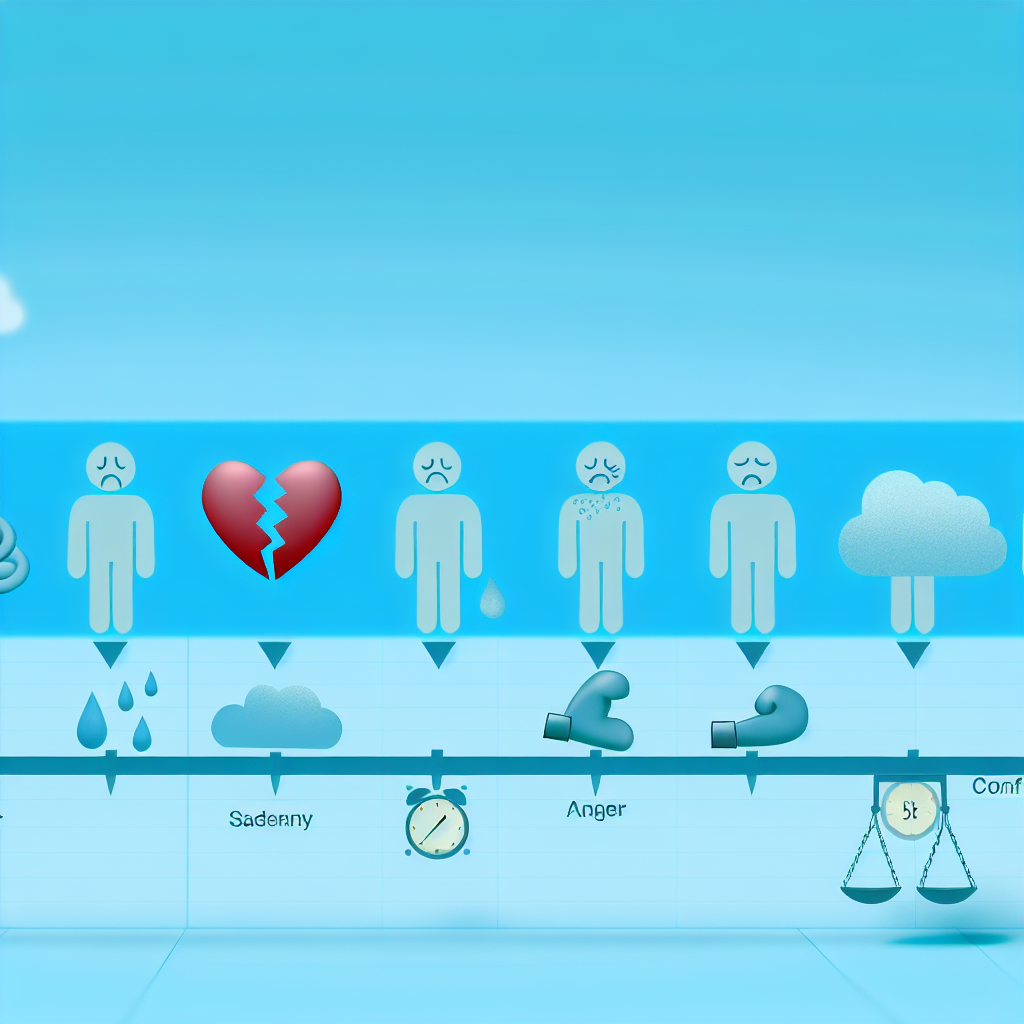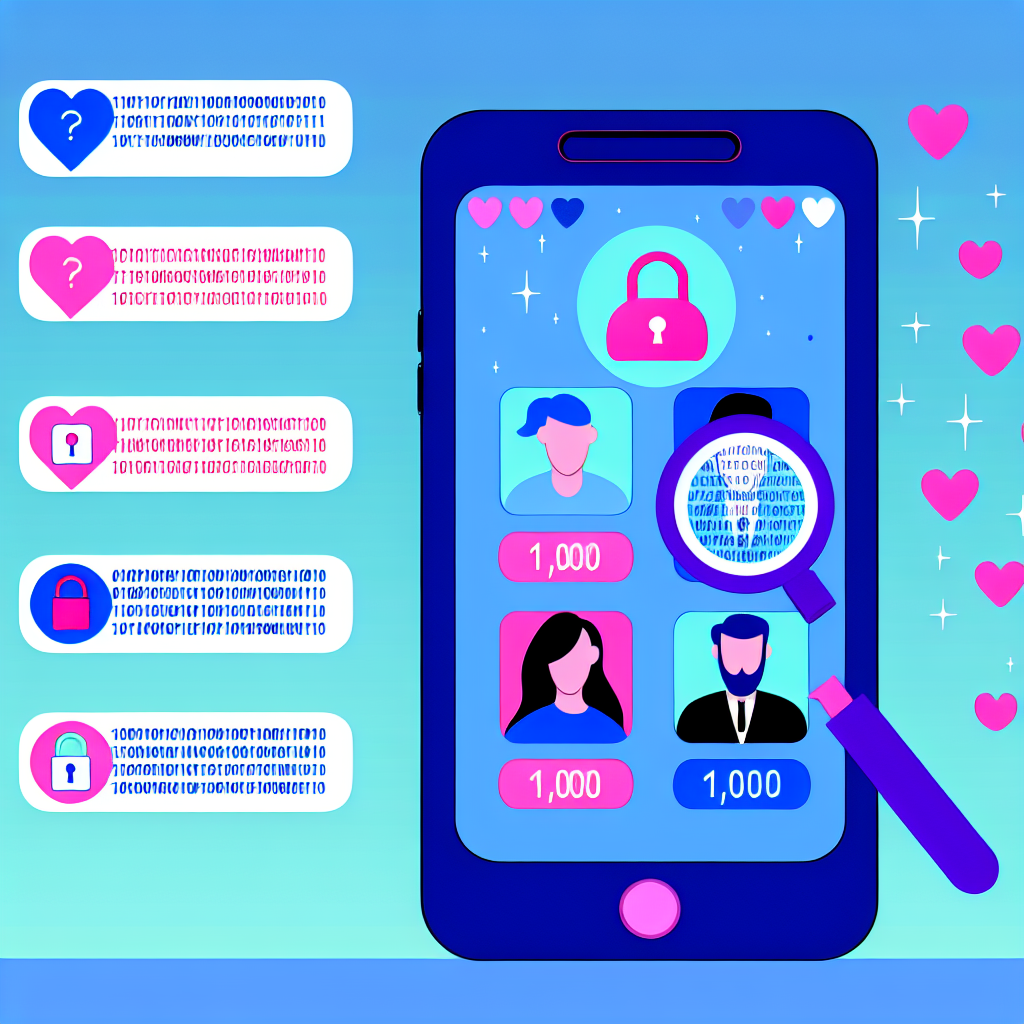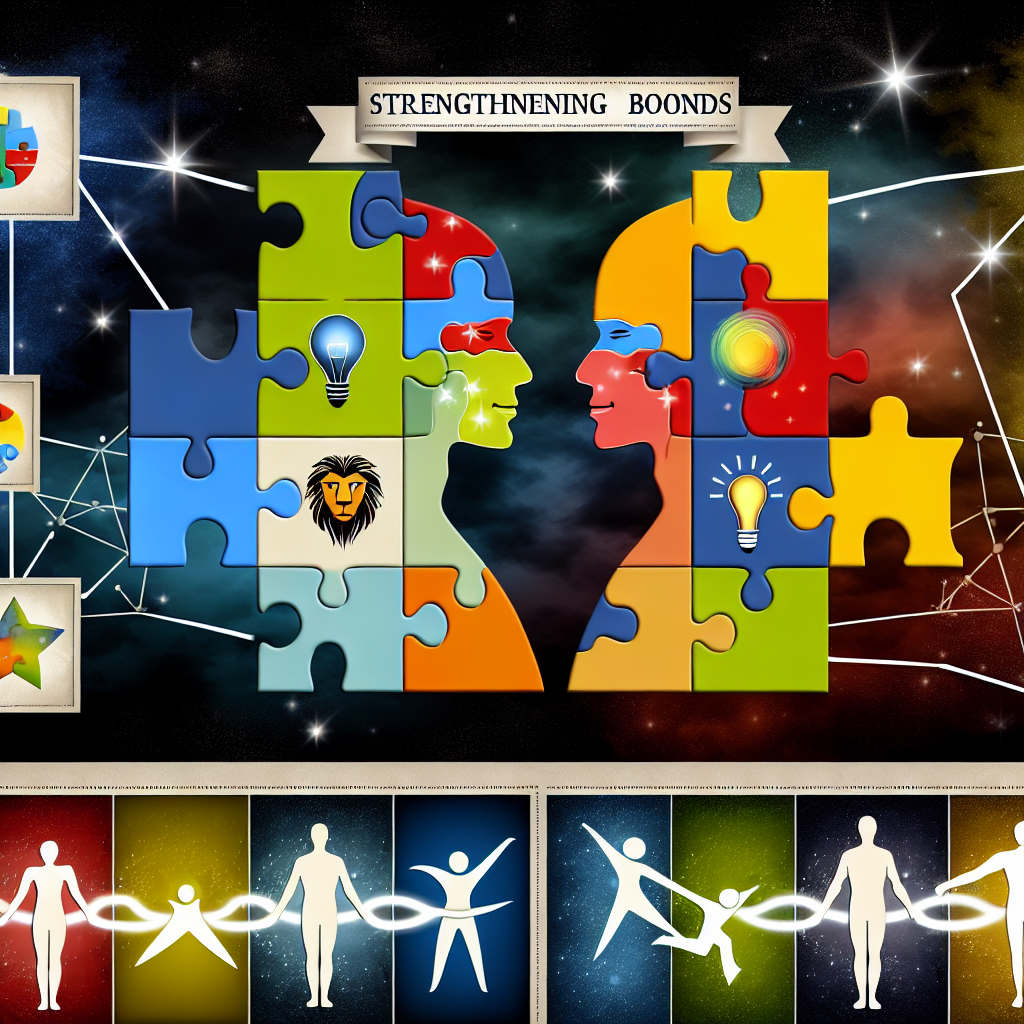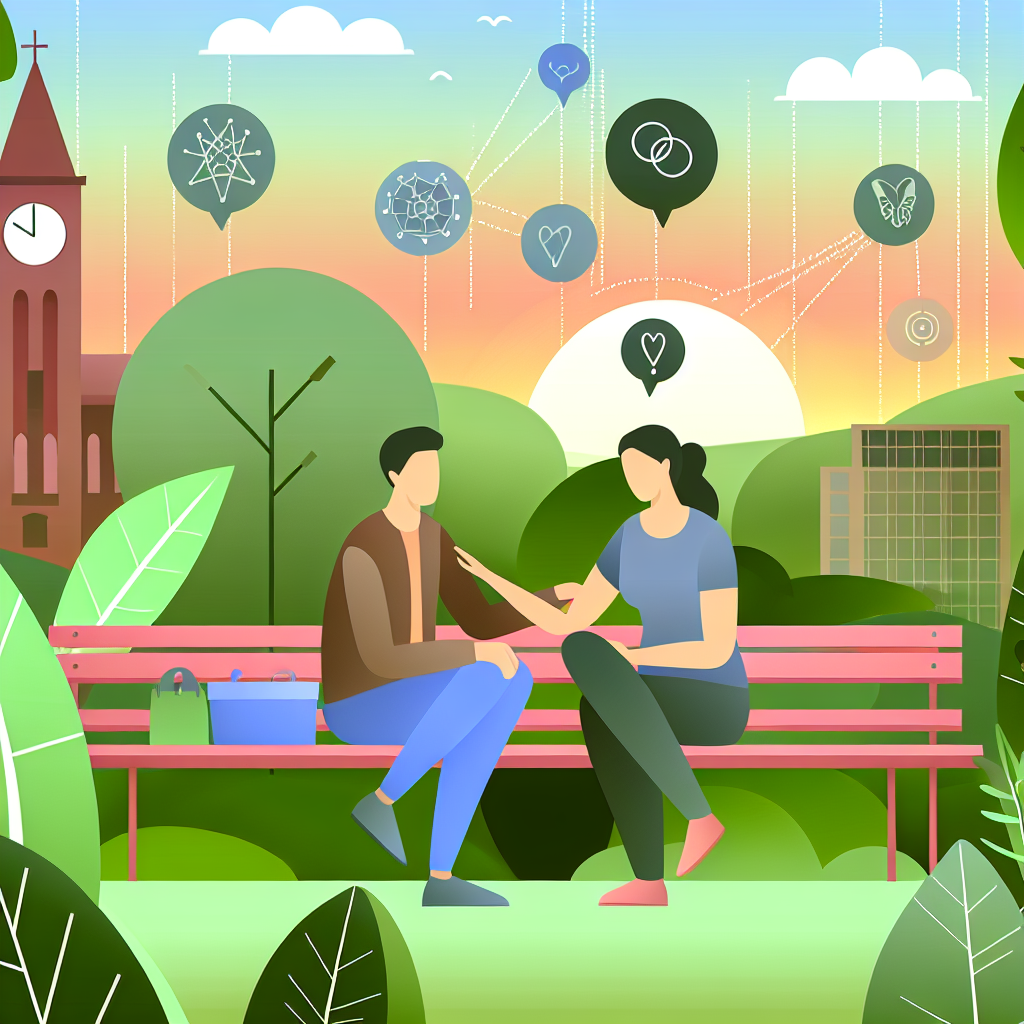# Breakup Recovery Timeline: What Science Says About Moving On
Breakup Recovery Timeline: What Science Says About Moving On
**Introduction**
Breakups are a universal part of the human experience—no matter if you’re 18 or 80. Whether it’s your first love, a long-term relationship, or a recent heartache in the later stages of life, the emotional toll of parting ways can feel equally significant. For many singles navigating the post-breakup terrain, the first question that comes to mind is: “How long until I feel better?” The answer isn’t one-size-fits-all, but there is a growing body of scientific evidence shedding light on what to expect when healing from a broken heart.
Despite differences in age or life stage, the fundamental emotional responses to romantic loss are often surprisingly similar. In a digitally connected world where dating apps and social media can prolong heartache or bring unexpected hope, understanding the psychological, physiological, and social dynamics of breakup recovery is more important than ever. Healing from a breakup isn’t just about “getting over it”—it’s an emotional recalibration that affects our brain chemistry, our self-perception, and even our immune system.
Thanks to psychology, neuroscience, and behavioral studies, we now have evidence-based timeframes and coping strategies that can guide singles through their emotional recovery. From cortisol spikes in the early days to the gradual return of dopamine balance, modern science offers not just insights into how we grieve love lost but also how we can rebuild and rediscover ourselves.
Curious about how long it really takes to move on? Or what patterns researchers have uncovered in heartbreak recovery? Whether you’re recently single or reflecting on an old wound, this article walks you through the science-backed breakup recovery timeline, so you can move forward with awareness, self-compassion, and clarity.
What Happens to Your Mind and Body After a Breakup?
A number of professional and academic studies have examined the psychological and biological impact of romantic breakups, delivering fascinating insights into how the body and mind respond over time.
According to a pivotal 2007 study by the Journal of Loss and Trauma, most people begin to feel a noticeable emotional improvement around the three-month mark. In this study, young adults documented their healing process, showing that while the intensity of grief varied, acceptance and improved mood statistically peaked within 11 weeks post-breakup. This aligns with the concept of the “90-day rule,” often echoed in popular psychology.
Breakups Activate the Same Brain Regions as Drug Withdrawal
Neuroscience also plays a major role in understanding breakup recovery. A team led by Dr. Helen Fisher at Rutgers University conducted MRI scans which revealed that people in early stages of heartbreak displayed similar brain activity to those experiencing drug withdrawal. In particular, the caudate nucleus and ventral tegmental area—regions associated with craving and addiction—remained highly active. This scientific parallel between love and addiction provides context to why breakups feel physically and emotionally devastating.
How Breakups Disrupt Your Sense of Self
Another groundbreaking study published in the journal *Psychological Science* in 2011 highlighted the correlation between self-concept clarity and emotional recovery. During a relationship, individuals often define part of their identity through their partner. After a breakup, the sudden collapse of that shared identity can cause a sharp drop in self-concept clarity, leading to increased emotional distress. The good news? As individuals engage in self-reflection and rebuild personal goals, clarity and confidence begin to rise again—typically within a few months.
The Cortisol Connection: Why Breakups Make You Feel Physically Sick
From a biological standpoint, cortisol—the stress hormone—spikes significantly after romantic separation, which may explain why individuals report sleeplessness, decreased appetite, and general fatigue. According to research published in *Health Psychology*, these physical symptoms tend to stabilize within three to six months, depending on the coping mechanisms employed, such as therapy, journaling, exercise, and social support.
Do Age and Relationship Length Affect Healing Time?
Additionally, age and relationship length have been studied variables. One study conducted by Wake Forest University found that younger adults tend to have more emotional highs and lows, but also report faster recovery times. Older adults, particularly those post-divorce or widowed, may take longer to heal emotionally due to increased lifestyle entwinement—but often have more robust coping strategies drawn from life experience.
The General Timeline for Breakup Recovery
Ultimately, no two breakup recoveries are identical, but science provides general timelines and patterns:
– **Acute emotional pain:** First 2 weeks
– **Gradual mental clarity:** Around the 3-month mark
– **Emotional neutrality:** Typically between 6 months to 1 year
These milestones tend to hold true especially if the individual is actively engaging in self-care, personal development, and avoiding rebound relationships.
Final Thoughts: There’s Science Behind Your Healing
While every breakup feels deeply personal, knowing that your experience aligns with psychological and biological patterns can provide comfort during one of life’s most challenging transitions. Understanding the science behind heartbreak not only demystifies the healing journey but empowers you to navigate it with greater self-awareness and resilience. Whether you’re a teenager reeling from your first love or a seasoned dater recovering from a long-term relationship, healing is not linear—but it is inevitable.
References
- Journal of Loss and Trauma. “Predictors of Resilience and Depression in Young Adults After a Romantic Breakup.” Link
- Helen Fisher et al., “Romantic Love: An fMRI Study of a Neural Mechanism for Mate Selection.” Link
- Slotter, Erika B., et al. “Who am I without you? The influence of romantic breakup on the self-concept.” *Personality and Social Psychology Bulletin*, 2010. Link
- Wake Forest University. “Divorce and the experience of loneliness: The moderating role of attachment.” Link
- *Health Psychology*. “Psychological and Physiological Symptoms Following Relationship Dissolution for Young Adults.” Link
**Concise Summary (100 words):**
Breakups can be emotionally devastating, but science provides insights into the healing timeline. Studies show most people experience a noticeable improvement around 3 months, as brain regions linked to addiction calm down and self-concept clarity returns. Factors like age and relationship length impact the recovery process, with younger adults often healing faster but older individuals drawing on more coping strategies. Understanding the science behind heartbreak can provide comfort and empower individuals to navigate this challenging transition with self-awareness and resilience, knowing that emotional neutrality is typically reached within 6 months to a year.

Dominic E. is a passionate filmmaker navigating the exciting intersection of art and science. By day, he delves into the complexities of the human body as a full-time medical writer, meticulously translating intricate medical concepts into accessible and engaging narratives. By night, he explores the boundless realm of cinematic storytelling, crafting narratives that evoke emotion and challenge perspectives. Film Student and Full-time Medical Writer for ContentVendor.com




